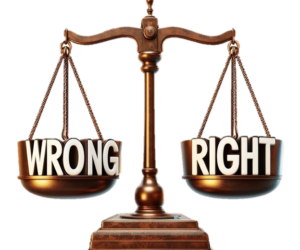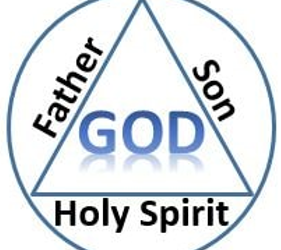Dominion theology is the teaching that Christians are to take dominion over all areas of the secular realm: media, government, schools, arts, etc. It is also known as Christian reconstructionism and is often associated with theonomy – the rule of God in society. There are varieties of dominion theology. Some assert that all governments should be replaced with Old Testament law. Others advocate a blending of secular and sacred systems. Whatever the case, Dominion theology urges Christians to take their “rightful” place in all areas of society all over the world. Once this is accomplished, and the world is converted to Christianity, Jesus will return. This is also known as post-millennialism.
Some of the major proponents of theonomy/dominion theology are the Rousas Rushdoony, Gary North, and Greg Bahnsen. It is also supported by the New Apostolic Reformation in the Seven Mountain Mandate. This latter mandate divides the secular world into seven mountains or seven spheres of influence. Though there are differences in the exact categorization of these seven spheres, in general, they are as follows: 1) Media, 2) Government, 3) Education, 4) Economy, 5) Religion, 6) Arts and Entertainment, 7) Family.
Dominion theology teaches that each of the seven spheres needs to come under the dominion of Christian theology with biblical legal systems instituted and Christian philosophy permeating each sphere. In other words, Christians are to reshape all social philosophy and spheres into a biblically grounded framework.
The scope of this article does not include affirming or denying dominion theology because it is a complicated topic. Nevertheless, Christians are urged to make disciples of all nations (Matthew 28:19). This means we are supposed to infiltrate all areas of society in the world. But, does the Scripture support replacing constitutions with biblical law? Or does it advocate a change in the hearts of people via the proclamation of the gospel of Jesus Christ, and in so doing transform the world?
That is the issue at the heart of the discussion on the validity or invalidity of dominion theology.






